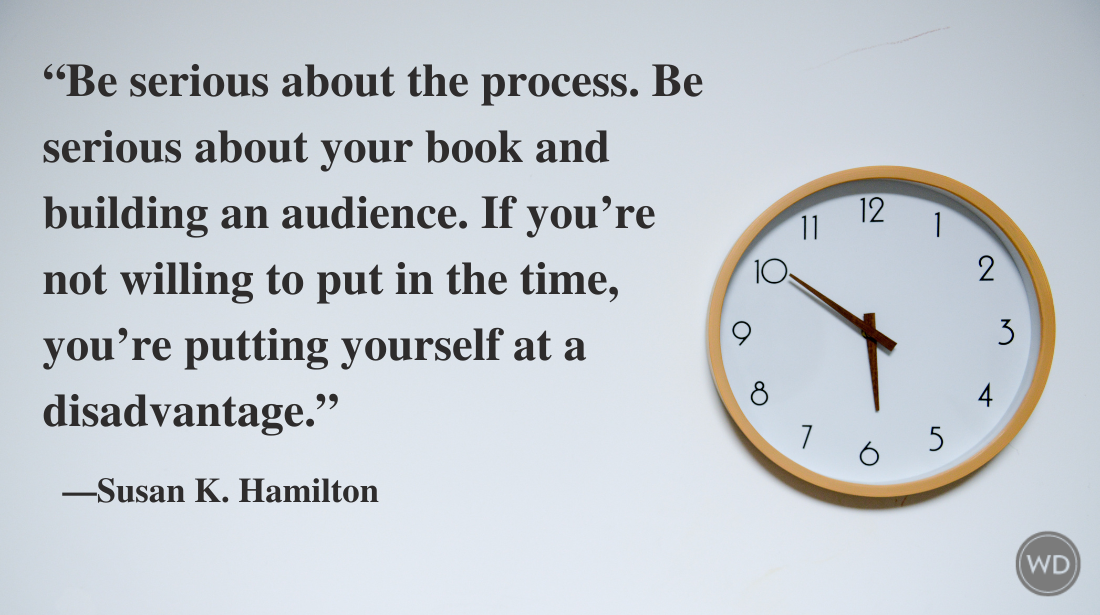The Burden, Joy, and Necessity of Networking
I have a confession. I am a lousy networker. I make this admission as I sit behind the Writer’s Digest table at the AWP Bookfair, and watch people walk past….
I have a confession. I am a lousy networker.
I make this admission as I sit behind the Writer's Digest table at the AWP Bookfair,
and watch people walk past. Dozens and dozens, eventually hundreds … then thousands by day three. Some stop to look briefly, some even pick
up a book, but I'm not much of a salesperson. I'm much better at
answering questions and providing information, and listening. I like to
hear about what resources people need or what they are looking for, and
how I can help. Of course, if I were a good networker and/or
salesperson, I could proactively ask, "So what do you write?" and see
where it leads. But I have this thing where I think I'm bothering
people.
I've seen some authors (particularly Michael Martone), who can sell a book
in 2 minutes to a complete stranger, simply through good-natured charm
and charisma. It makes me think that much of salesmanship relates to
personality and talent, though I've also been told by very reliable
sources (The Conductor, who moonlights as a Financial Advisor) that
even the least talented salespeople can make up for lack of natural
ability by simply putting in more time, calls, and appointments than
anyone else.
When I think of all the excuses I'd like to make, I
think of author Christina Katz, who has described herself as starting
out in life as a shy introvert, but learning over time to connect with
people (she likes the word connect rather than network—less
intimidating). For her, it's more about being open to the idea of
meeting people, finding common ground, and forming connections. (You
can read an entire chapter on this topic in her book Get Known Before the Book Deal.)
On
a side note (but very relevant), Christina was at the TOC conference,
and because she's able to put herself out there—without expecting
favors, being pushy, or asking for attention—she was mentioned in Chris Brogan's blog as an example of microfame. Her interactions are authentic and real, and, as she says, she wants to help make good things happen. People respond to that.
So even the most introverted of us (who don't have a salesperson's brass balls to take the abuse of a sit), let's endeavor to say, to believe, that we would like to help make good
things happen. That's why we connect. That's why we take the risk of
reaching out. And in the case of writers and authors, it's essential we
practice this skill, and push the boundaries of what we think we're
capable of.
Jane Friedman is a full-time entrepreneur (since 2014) and has 20 years of experience in the publishing industry. She is the co-founder of The Hot Sheet, the essential publishing industry newsletter for authors, and is the former publisher of Writer’s Digest. In addition to being a columnist with Publishers Weekly and a professor with The Great Courses, Jane maintains an award-winning blog for writers at JaneFriedman.com. Jane’s newest book is The Business of Being a Writer (University of Chicago Press, 2018).









